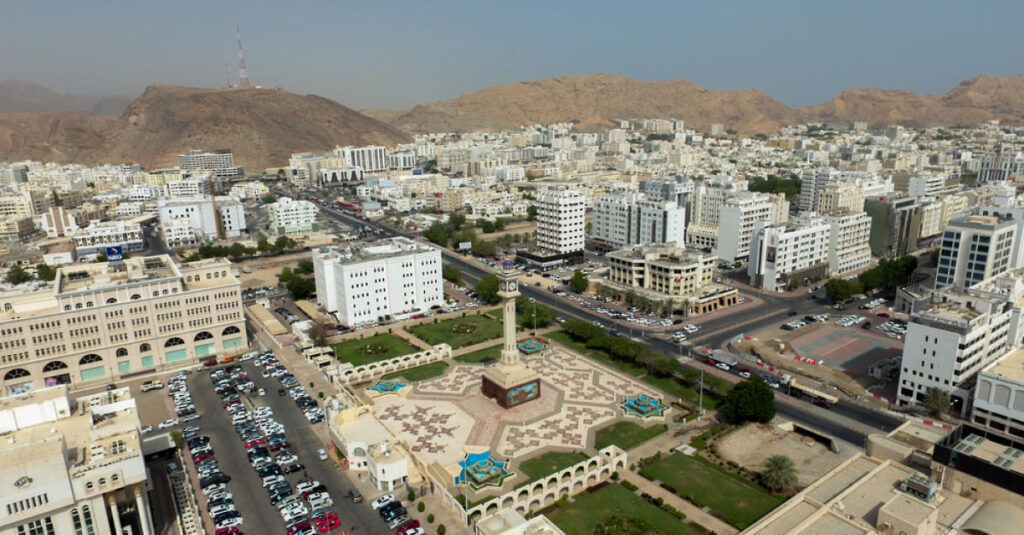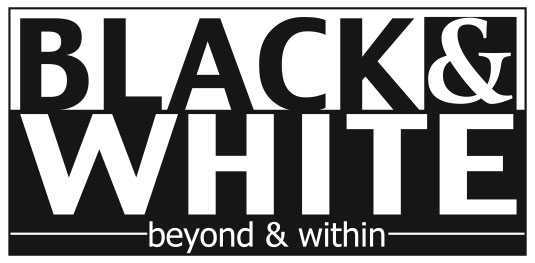
MUSCAT – The Central Bank of Oman (CBO) has launched the new national Real Time Gross Settlement System (RTGS), which operates on a 24/7 basis.
The actual operation of the system started at 12:00 am on Sunday, June 15, 2023. The system has successfully settled 3,147 transactions amounting to more than RO 409 million in that day.
It is a real-time gross settlement system that provides a mechanism for the final processing and settlement of the high-value payments exchanged between the participants on a continuous basis. The Ministry of Finance and banks operating in the Sultanate of Oman, as well as the Muscat Clearing and Depository Company are the direct participants of the system.
The implementation of the new system is in line with CBO’s vision of enhancing the quality of national payment systems services provided to the banking and financial sector, as well as the society in the Sultanate of Oman. The system will enable banks and financial institutions, government and private institutions to make money transfers at their convenience, even during holidays or outside banking hours.
In line with the developments in the electronic payment systems domain, the system was implemented in accordance with the best practices, international standards, and the Principles for Financial Market Infrastructures (PFMI). The system also achieves the settlement finality in the central bank money, which helps in enhancing the financial stability of the Sultanate of Oman.
The enhanced liquidity management mechanism for RTGS participants is an additional feature for risk mitigation by enabling them to monitor their liquidity requirements in real-time around the clock. The latest gridlock resolution mechanism introduced in the system will help to reduce the settlement risk among participants. Moreover, the system is capable to provide final settlement for retail payment systems on a 24/7 basis, as well as the arrangements for the Treasury Single Account (TSA). These new features will contribute in enhancing the efficiency and effectiveness of payments in the banking and financial sector in the Sultanate of Oman.
The system supports the best standards for financial transactions messages. The international standard (ISO20022) is adopted to facilitate broader integration and digitization of payment operations and enhance the interoperability with payment and other ancillary systems. The digital signature has been implemented to securely control access to the system and authorize all processed transactions.
As part of the regional initiatives for cross-border payments, the new system will integrate with the GCC payment system “AFAQ” in order to process cross-border payments between GCC countries by linking with Gulf Payments Company (GPC). The new system will also be integrated with the Arab Regional Cross-Border Payment System “Buna” by including the Omani Rial as a settlement currency among the other currencies in the Arab system. The processes of regional integration are planned during the next phase.
Tahir Salim Al Amri, Executive President of the CBO, said: “This project is a continuation of CBO’s efforts to modernize the infrastructure of the banking and financial sector in the Sultanate of Oman to ensure its flexibility in accommodating the needs of banking and financial institutions and improve their efficiency”.
He added: “The launch of the new system is a strategic achievement for the banking and financial sector in the Sultanate of Oman, as it provides many features and functions. The Sultanate of Oman is considered one of the few countries in the region that operates 24/7 RTGS system. The move confirms that CBO will continue its endeavours to strengthen and enhance the national payment systems in line with global developments and meeting market needs”.
The first version of the RTGS system in the Sultanate of Oman was operated in 2005, and underwent several improvements during the operational period to meet the needs of the banking and financial sector. On a daily average, the system was settling over 2,600 transactions with value exceeding RO 650 million, according to 2022 statistics.
(Source: ONA)

0 Comments